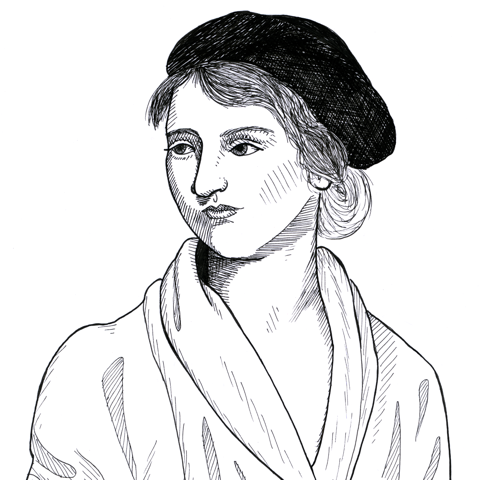
Mary Wollstonecraft, Education, and the Young Mind
Found in: A Vindication of the Rights of Woman
It was common practice, during Mary Wollstonecraft’s lifetime, for school masters to invite parents to visit the school for a day to listen to the children demonstrate what they had learned. It would be a mistake to think of this as a modern day school recital, however. Children were grilled on Latin, Greek, and mathematics and were expected from a very young age to memorize and recite long pieces of prose or poetry for performance in front of the assembled audience. Wollstonecraft was unpersuaded that the practice did anything useful. She writes:
Education
Indeed, the necessity of a master’s giving the parents some sample of the boys abilities, which during the vacation is shewn to every visitor, is productive of more mischief than would at first be supposed. For it is seldom done entirely, to speak with moderation, by the child itself; thus the master countenances falsehood, or winds the poor machine up to some extraordinary exertion, that injures the wheels, and stops the progress of gradual improvement. The memory is loaded with unintelligible words, to make a shew of, without the understanding’s acquiring any distinct ideas: but only that education deserves emphatically to be termed cultivation of mind, which teaches young people how to begin to think. The imagination should not be allowed to debauch the understanding before it gained strength, or vanity will become the forerunner of vice: for every way of exhibiting the acquirements of a child is injurious to its moral character. (FROM: CHAPTER XII: on national education)